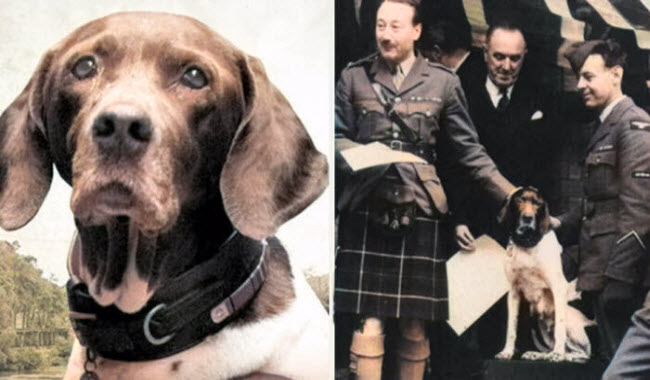Throughout human history, animals have played significant roles in military conflicts. Among the most inspiring stories of an animal in war is that of a Royal Navy dog named Judy, who faced tremendous hardships during World War II. From surviving a crocodile attack to escaping from a sinking naval vessel in the South China Sea, Judy’s story is one of remarkable bravery and resilience. Captured and held as a prisoner of war for three years in a Japanese internment camp in Indonesia, Judy’s unbreakable spirit and cheerful demeanor brought hope and comfort to countless desperate men.
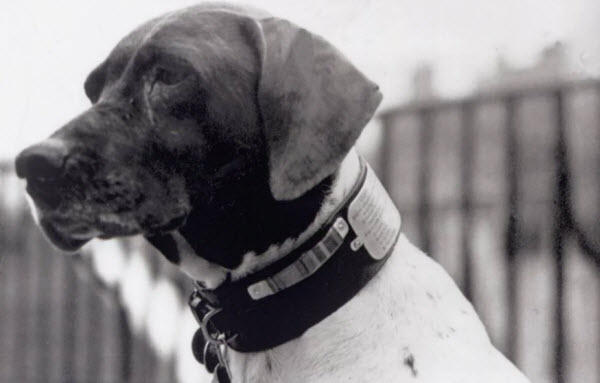
Judy was born in February 1936 at the Shanghai Kennels in China, around the same time Adolf Hitler defied the Treaty of Versailles by mobilizing troops on France’s eastern border. A year later, Japan invaded China, and the world teetered on the brink of another global conflict. During this period, Judy found herself aboard a British Royal Navy ship stationed in Shanghai after being purchased by Lieutenant J. W. Aldridge. Originally named “Chowdy,” her name was changed to “Judy,” and she was officially listed as “Judy Sussex” in the Royal Navy records. She became a beloved member of the crew of the warship “HMS Gnat,” so much so that when she fell into the Yangtze River, the crew halted the vessel to rescue her.
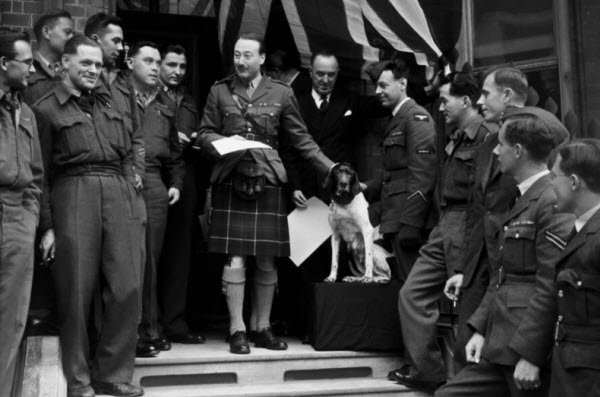
Onboard the ship, Judy exhibited an extraordinary ability to sense danger, alerting the crew to incoming enemy aircraft. She even once woke her sleeping comrades to prevent a group of pirates from boarding the ship and survived an attempted abduction by an American naval crew. In 1938, Judy gave birth to thirteen puppies. The following year, Britain declared war on Nazi Germany, and as British warships patrolled the Yangtze River, Judy and part of her crew were transferred to the 585-ton warship “HMS Grasshopper” stationed in Singapore.
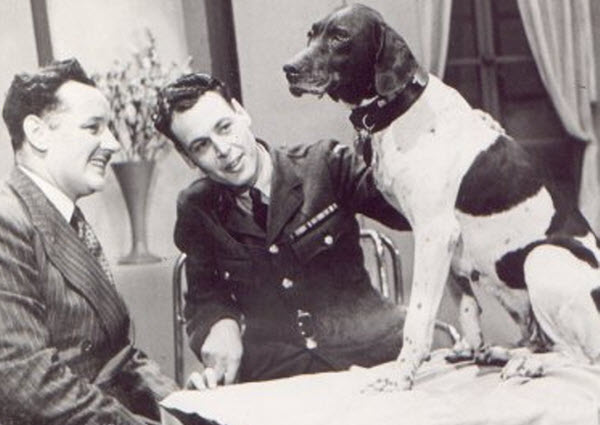
The warship remained relatively peaceful until Japan began its invasion of Singapore in January 1942. The crew, fleeing for their lives, sailed to the Dutch East Indies. However, during their journey, Japanese planes bombed them in the South China Sea. Judy and some crew members managed to survive and were stranded on an island. While there, Judy’s keen sense of smell led them to a fresh water spring, and after several days of hunger, the sailors found a Chinese sailing boat. They decided to use it to cross a river and head towards Sumatra, where a British evacuation ship was located. During their five-week journey through the jungle, they faced numerous hardships, including attacks by a Sumatran tiger and a crocodile. Ultimately, they arrived nine days late for the last British evacuation vessel and, worse still, reached an Indonesian village occupied by Japanese forces, where they were captured.
Upon their capture, the prisoners were transferred to the “Gloiwier” internment camp. Fearing for Judy’s life, as the captors were likely to kill her, the crew hid her under rice sacks. While at the camp, Judy met and befriended Squadron Leader Frank Williams, a Royal Air Force pilot, in February 1942. Williams allowed Judy to eat from his rice bowl and, in return, she protected him from guards who tried to beat him. Recognizing the risk of Judy being shot, Williams wisely waited for a night when the camp commandant was intoxicated to convince him to officially register Judy as a prisoner of war. Successfully securing her official status as “Prisoner 81A,” Judy was protected by the guards. As the only animal officially recognized as a prisoner of war during this global conflict, her presence provided significant psychological comfort to the inmates. Williams later said that Judy’s affectionate morning gaze gave him the will to survive the years he spent as a prisoner.
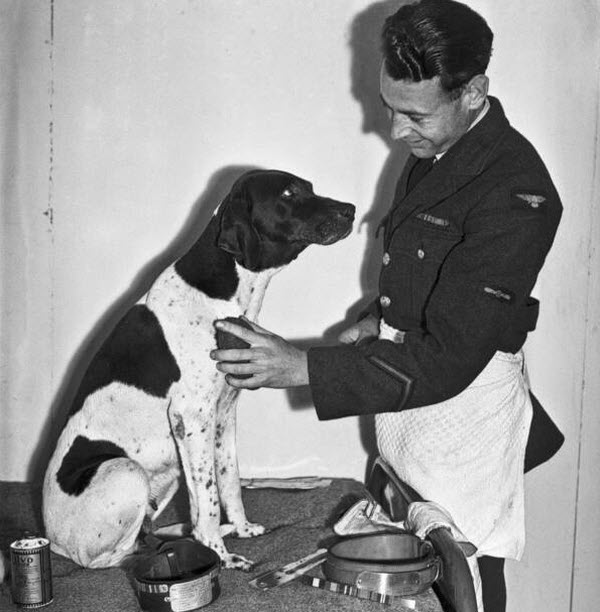
In June 1944, the prisoners were relocated, but during the transport on one of the ships, it came under attack and began to sink. As the ship was going down, Williams helped Judy escape and swim away from the vessel, which had already claimed over 500 men, who were buried in another camp. Judy and Williams survived and were finally liberated when the camp was freed at the end of the war in 1945. Judy continued her friendship with Williams for the rest of her life, receiving the Dickin Medal for bravery in May 1946. Although she passed away at the age of 13 in 1950, her legacy endures as a symbol of hope in the midst of deadly conflicts.
